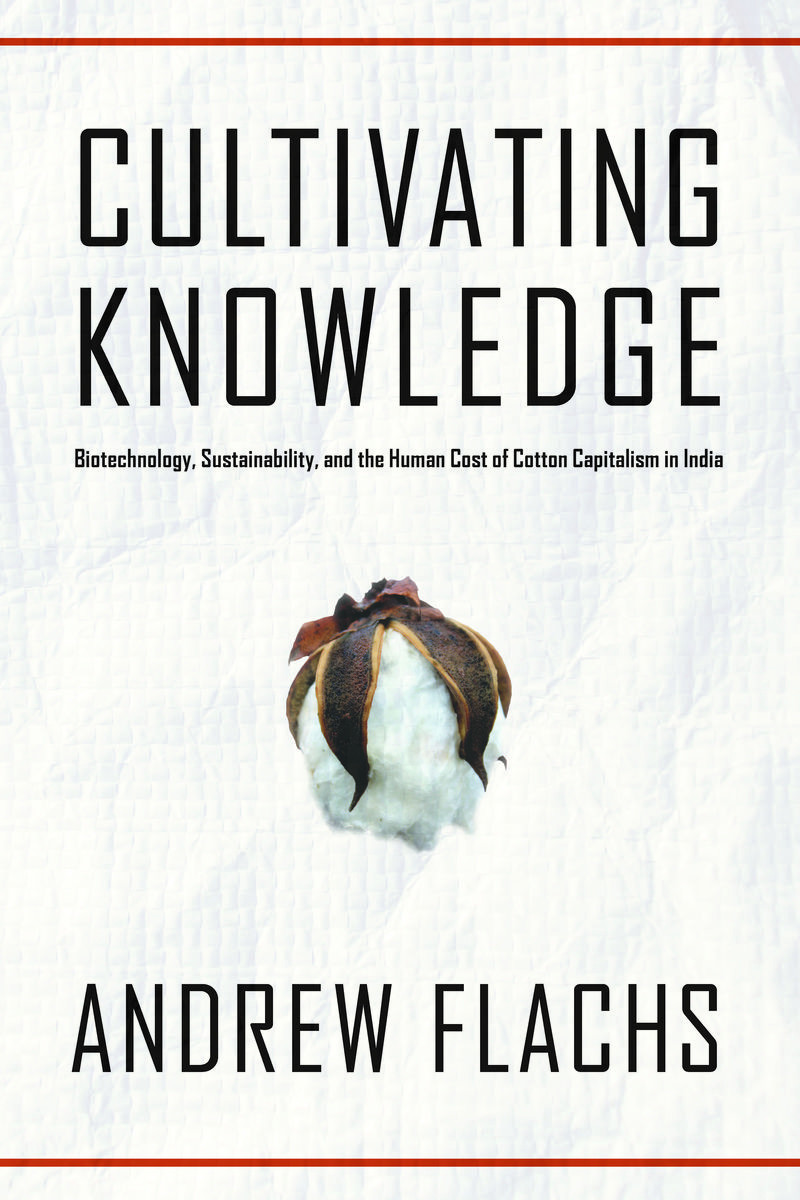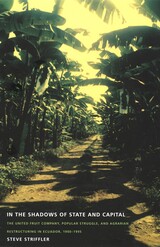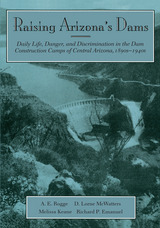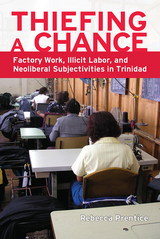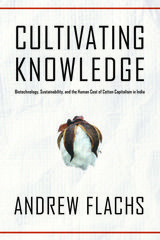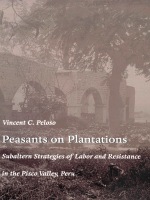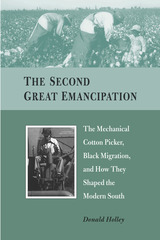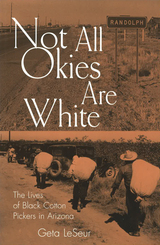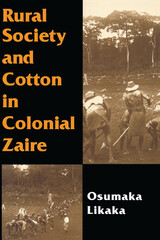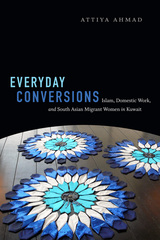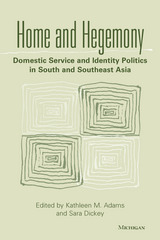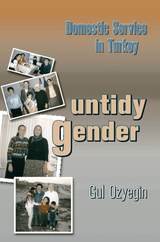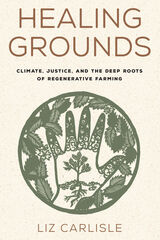““Andrew Flachs’ Cultivating Knowledge is a compelling and wonderfully written ethnography on the failures of neoliberalism and the difficult choices faced by cotton farmers in the Telangana district of India, a region known for its quick adoption of GM cotton...Cultivating Knowledge skillfully unpacks the tightly wound bundle of ideas and issues connected to Bt and organic cotton production with care and nuance… Cultivating Knowledge would be of interest to readers hoping to better understand the issues faced by precarious cotton farmers in India, as well as to those interested in debates around ethical consumption, critical development studies, sustainable development, GMOs, agrarian well-being and farmer suicides…Based on extensive ethnographic research, Cultivating Knowledge provides a clear and careful analysis of pressing, complex issues in agrarian life and farmer well-being. I highly recommend it.”—Elizabeth Fitting, The Journal of Peasant Studies
“Flachs challenges the understanding or imagination of sustainable livelihood as a technical outcome of GM or organic seeds…Cultivating Knowledge is a timely, well-researched, and well-written book that appeals to readers who are interested in rural India, rural livelihoods, political economy, development, agricultural knowledge and technologies, and performance studies."—Ziya Kaya, University of Arizona, Current Anthropology
“In this insightful and nuanced ethnography, Andrew Flachs probes the contentious debate over the use of genetically modified (GM) seeds versus organic production…Cultivating Knowledge makes important contributions to debates about environmental knowledge, biotechnology, and sustainable development. With its accessible style, rich empirical detail and sharp theoretical insights, the book is essential reading for scholars of agrarian transformations in South Asia.”—Tanya Matthan, Agricultural History
“Cultivating Cotton is a must-read for those researching agricultural development projects or small-scale independent farming. Moreover, the book would be an excellent addition to a course on political ecology, the anthropology of work, or agricultural labor more generally.”—Lauren Hayes, Society for the Anthropology of Work
"Theoretically sophisticated, while also accessible for undergraduates, Flachs ultimately provides a fresh perspective on the politics and performance of knowledge in the contentious context of global agricultural development."—Matthew C. Canfield, American Anthropologist
" ...this book approaches from a fundamental perspective the question: How does a farmer, as an individual choose between these two forms of cotton cultivation, especially if the farmer is free to choose in a neo-liberal market?"—S. Suresh Ramanan, Economic Botony
"Flachs presents a beautiful mix of anthropology and political ecology. He takes a dialectical approach. There are no heroes or villains. Each turns into the other sooner or later. He doesn't take sides. Instead he traces a contradiction: the contradiction between technological fixes and the quest for sustainability, howsoever it is defined."—Muhammad Ahsan Rana, Journal of Political Ecology
"Meticulously following cotton farmers’ lives and decisions in India, this page-turning book should be in the hands of anyone who confronts the puzzle of genetically modified crops and development. By eschewing both the Promethean promise or the apocalyptic bane typically ascribed to GMOs, Flachs has done what few other could, mapping the labyrinth of relationships between hard choices, diverse knowledges, and runaway markets."—Paul Robbins, author of Lawn People: How Grasses, Weeds, and Chemicals Make Us Who We Are
“Cultivating Knowledge is a book of rare insight, written in such lively prose and offering such exquisite and original empirical analyses of farming practices that it will become a key reference point for scholars of rural issues, biotechnology and agricultural development in India and elsewhere.” —Jostein Jakobsen, Journal of Agrarian Change
"In extraordinarily beautiful prose regarding a complex and sometimes heartbreaking issue, Andrew Flachs offers us the deepest look yet available of how the adoption of GM seeds affects communities' aspirations, livelihoods, values and identities in rural areas of the developing world. This book is far more than an academic treatise on cotton economies in South India. It provides us with a lens by which to examine how to determine what kinds of (bio-)technological changes generate more collateral damage than benefits to rural cultures and their traditional agrarian knowledge. At the same time, it re-positions such traditional knowledge and values not as some obsolete nostalgic carryover from the past, but a key element of resilience for communities of the future. Flachs has synthesized his insights into such critically-important issues into a memorable narrative that will linger with readers as a guide to how we deal with biotech revolution, and whether they will really make the world more green, or more filled with the blues."—Gary Paul Nabhan, author of Food from the Radical Center
“Through a richly nuanced ethnography of cotton producers in Telangana, Flachs provides key insights on how farmers accumulate knowledge and make decisions in desperately tough conditions. Taking forward Paul Richard’s idea of ‘agriculture as a performance’ in revealing directions, Flachs offers an innovative synthesis of anthropology and political ecology to cast new light on the role of biotechnology and the meaning of sustainability within rural India.”— Marcus Taylor, author of The Political Ecology of Climate Change Adaptation: Livelihoods, Agrarian Change and the Conflicts of Development
"This wonderfully informative and beautifully written book addresses important and controversial questions—the impact of genetically modified crops and organic farming methods on Indian agriculture and an apparent epidemic of farmer suicides—from the carefully contextualised perspective of the ethnographer, and drawing on perspectives from anthropology and political ecology. Old opposed certainties are seen in a new light as being much less cut-and-dried than embattled opponents assume. New technology is neither good nor bad. What matters most is the context. In particular, the rights and wrongs of agricultural transformation have to be seen in terms of the dynamics of social and political life in farming communities attempting to adapt to changing markets, technologies and environmental circumstances. These transformations depend on the capacity of communities to understand, to learn, to cope, and to impose their own perspectives in the face of challenges set by larger external forces. Sometimes the scope for local social agency is high, and communities prosper—irrespective of the technical regime. In other cases, life chances, learning opportunities and performance spaces are sharply narrowed, and disillusion and despair result. Flachs brings a musician's sensibility to understanding the multiple performative ways in which agricultural technologies are enacted in social life, and why they work for some but fail for others. Far from drawing partisan policy conclusions the book ends by calling for a greater sense of pragmatic solidarity as the key to agrarian technical transformation. Argue less, dance more."—Paul Richards, Emeritus Professor of Technology and Agrarian Development, Wageningen University, The Netherlands
"Cultivating Knowledge updates us on the exigencies facing cotton farmers in the Andhra Telangana region, illuminating the choices available to cotton farmers in the region who are living precariously."—Debarati Sen, author of Everyday Sustainability: Gender Justice and Fair Trade Tea in Darjeeling
— -
